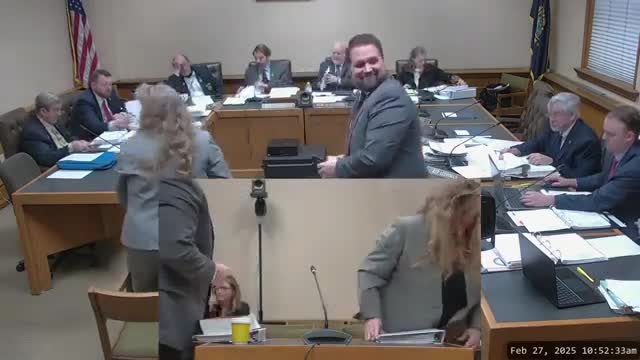Article not found
This article is no longer available. But don't worry—we've gathered other articles that discuss the same topic.
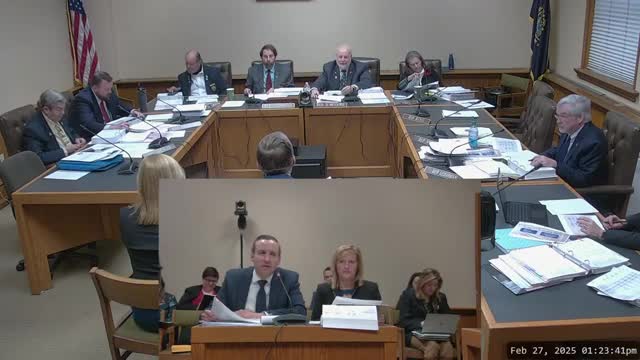
Settlement fund faces shortfall risk as administrator warns $60M allocation may be insufficient

Audit finds backlog and delays at Human Rights Commission; lawmakers weigh options

Administrative Services budget hearing: retiree health costs, ERP cloud upgrade and plant/property changes explained
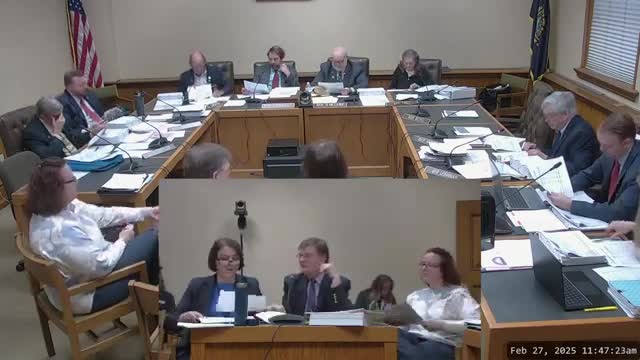
State paid family and medical leave: administration, enrollment and budget implications discussed
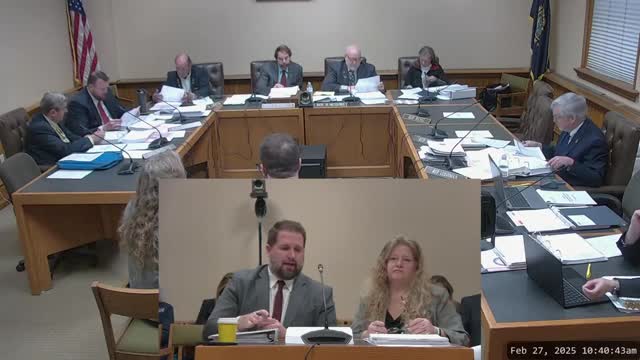
BEA outlines housing champions, invest-in-h program and broadband plans in reorganization push
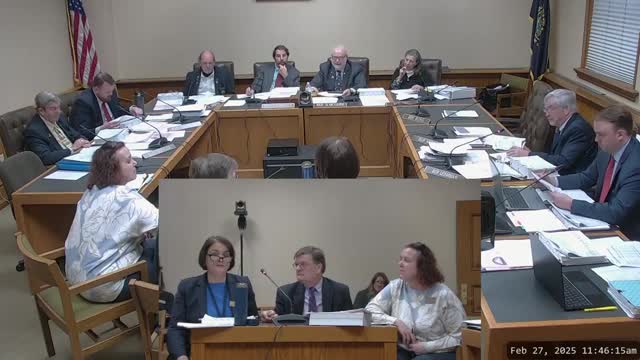
State cut to Small Business Development Center funding draws concern from local advisers
